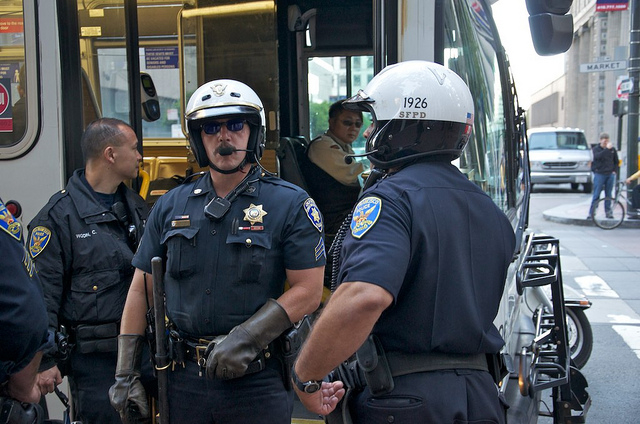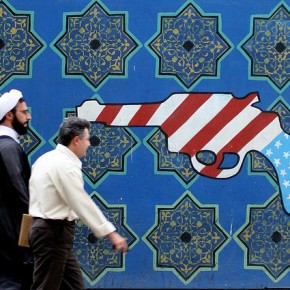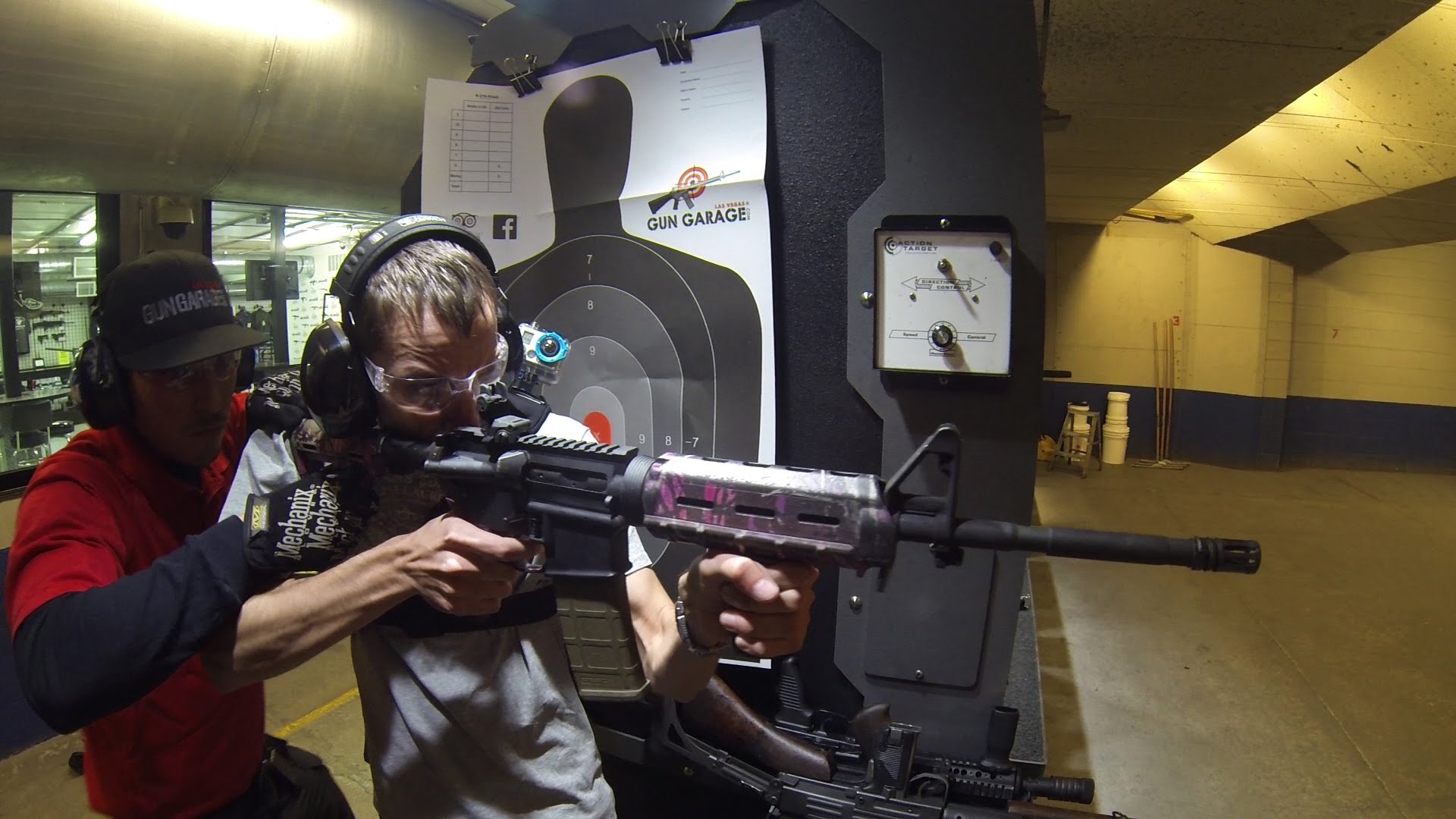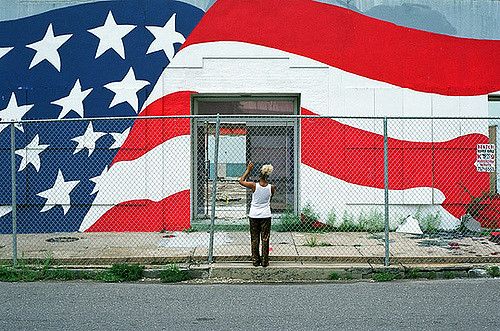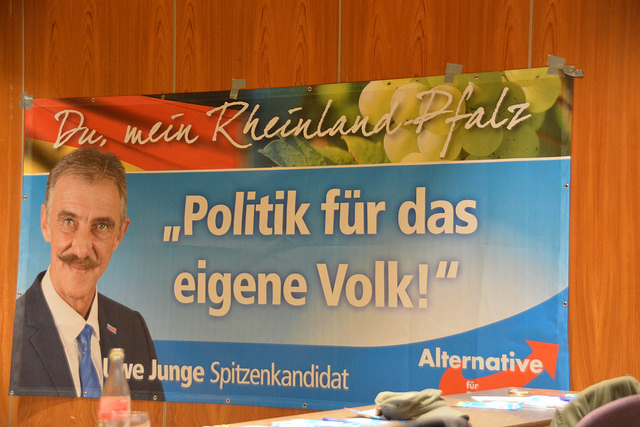Since protests erupted in Ferguson, in response to the killing of Michael Brown, America’s attention has turned to the militarization of domestic police. The guns, tanks and armor have concerned even moderates, raising questions about ignited tensions, reducing trust of law enforcement and even violating the essence of the Posse Comitatus Act, meant to restrict the military’s ability to police the public. Why, the people are asking, are our public servants dressed like they’re about to invade Poland?
It’s troubling to be sure, with a multitude of problems that many analysts have identified. But fretting about the hardware can wash over a deeper problem. Brown wasn’t killed by fancy military weaponry but with a simple pistol. Eric Garner, the Staten Island man whose killing by an NYPD officer this year has furthered the anti-police outrage, was choked to death with a man’s bare hands. Protests against police may bring out the heavy artillery, but the incidents that spark the unrest involve police in their civilian ideal.
The real problem is unseen. It’s in the hearts and minds of the rank-and-file. And more troublingly, it’s a reflection of anxieties in American culture.
Kristian Williams, an activist with the Committee Against Political Repression and author of Our Enemies In Blue: Police and Power in America, explained in a phone interview that Americans have tended to focus on aspects of militarization easily seen, but the mentality of the police force began to change dramatically in response to the upheaval of the 1960s. “There was a move toward community policing, a reorganization of police departments away from the model of individual cops, ones and twos on patrol more or less at random around the city, and more toward things like strategic deployment, and organizing police into platoons,” he said. “One of the results of that was that police self-identified as a military apparatus, as sort of a domestic soldier.”
That hasn’t just changed the nature of law enforcement where citizens are regarded as potential enemy combatants, where social inequities are viewed simply as breeding conditions for a new front line, rather than something to be addressed with public services. Unionization, Williams told me, also led to police acknowledging themselves as an independent political organization, a kind of extension of the existing law enforcement system, accountable only to cops and not pesky taxpayers or legislative oversight.
And quite unlike others unions, which had an inherently conflictual relationship with their employers, Williams said “in policing there’s vertical solidarity.” Cops are able to perpetuate the notion that they should get the benefit of the doubt because they have dangerous jobs, because that mythology also allows department heads to insist on more funding and staff. By contrast, job titles with higher at-work fatality rates don’t carry the same kind of mythology, because while new safety regulations would benefit construction workers, they would stifle surplus value extraction for company owners.
Bolstering the cops’ hand is prevalent public fear of crime, despite the various metrics showing that the United States has gotten safer since the 1980s. The constant worry that murders and rapists are lurking behind every corner buttresses the nation’s gun culture, as well as deference to police. And like the War on Terror, this War on Crime works in binaries and slippery slopes. If we don’t force passengers flying from Dallas to Denver to remove their belts before boarding, we’ve lost ground to al-Qaeda. Similarly, the most minute amount of civilian oversight of police could lead to all-out crime in the streets.

A look at how police unions are flailing as the “Black Lives Matter” protests intensify illustrates this. In New York City, the Patrolmen’s Benevolent Association has given cops a platform to tell the mayor not to attend their funerals if killed in the line of duty, a rebuke to his claim that he tells his biracial son to take care when approached by police. The union leader went so far as to accuse Mayor Bill de Blasio of leading a “revolution,” despite his repeated commitment to the conservative “broken windows” theory of policing.

In a case that challenges the labor and management divide for most liberals and radicals, the police chief of Richmond, California, who has made considerable progress in reforming the department, drew heat from rank-and-file for cops for holding a “Black Lives Matter” protest sign in uniform. And while a professional American football team might seem like the pinnacle in cultural conservatism, the Cleveland Browns defended wide-receiver Andrew Hawkins, who incited the local police union to demand for an apology after he entered the field with a shirt bearing the names of victims of police violence.
“The thing that we’re seeing right now (is that) the police union is stepping very aggressively into that breach because no one else is. Ordinarily, police chiefs, the mayors, the city councils and business associations will rush to defend the police,” Williams said. “It’s fairly unusually for them to be silent on that or to side with the critics. And we’ve seen a little bit of that kind of thing in the last several months.”
All these instances underscore what is more damaging to our law enforcement culture, one that looks troublingly like Saddam Hussein’s Iraq. It is simply not enough for the justice system to send a clear message that cops can get away anything from kill an unarmed man, to tossing a flash grenade at a sleeping toddler. Insufficient applause for every act of police excess inspires law enforcement advocates to consider courses of retribution, political and otherwise. This doesn’t just deter elected officials from confronting issues of police brutality and racial profiling. Forcing us not just to endorse, but to celebrate state violence, means the public eventually internalizes it as being natural.
But there’s hope. The more the protests rage on in the streets, the more ludicrous the police advocates sound. More and more, it seems, their most outspoken defenders are self-identified white supremacists and the histrionic headline writers in the Murdoch-owned press. To compare, this month a few dozen police advocates rallies in downtown Manhattan to show solidarity, while two decades ago the cop union turned out 10,000 members to demonstrate against, of all things, a civilian oversight board.
Complicating things are the killing of two cops in Brooklyn in an apparent act-alone vengeance by a mentally unstable individual. It once again forced the union into a position of political extremism, implicating the mayor. It’s something that could hinder the movement for justice, which is why many activists are calling for their ranks to remain respectful during this time, but also vigilant. That’s clearly a time that activists can show that they’re the group with more honor, while cops in their rallies and on message points are more inclined to mock and enjoy the killing of innocents by their comrades.
If activists can show disincline now and the cops can’t, it may say a lot to the general public, who have been constantly told, now by both sides, that what’s going on isn’t a political disagreement, but a war.
Photographs courtesy of Steve Rhodes, Michael Fleshman and Chris Yarzab. Published under a Creative Commons license.
